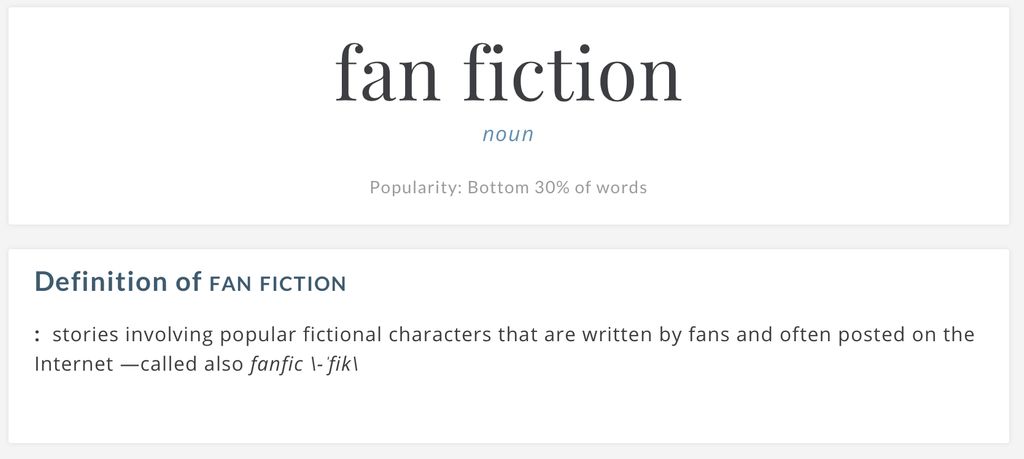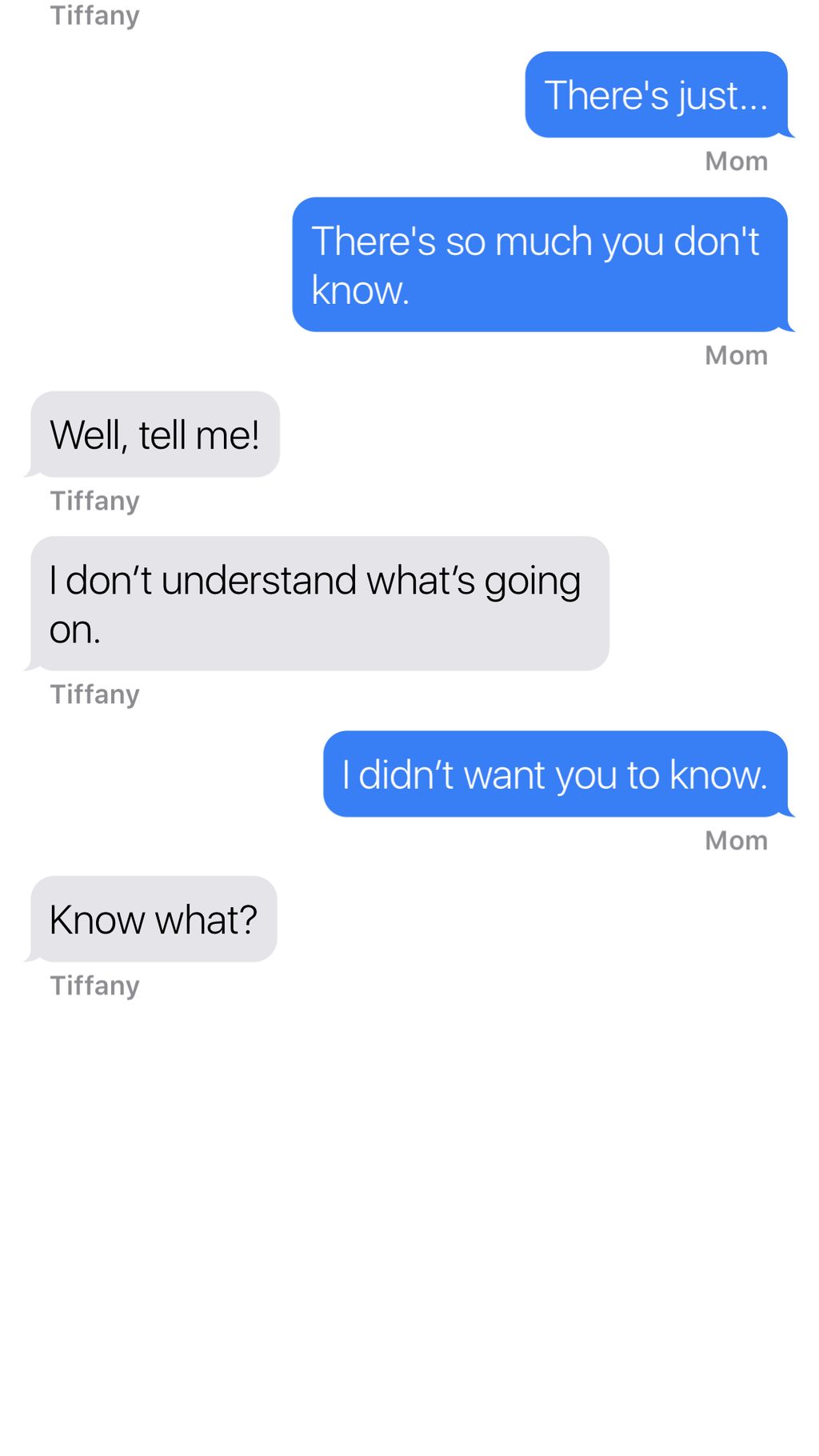Fan-Fiction And Hooked
Jun 03, 2019 • 7 views
FAN-FICTION
Hardcover books have a beauty of their own, it’s the look and feel of it that can give any bookworm immense happiness. But the times we live in have encountered a huge wave of technology, taking books along with them in the process. From hardcovers, we have, proudly and also unfortunately, evolved to fan fiction and text-based stories.
Welcome to a universe from AUs and ‘angst’, fandoms and ‘fluff’; to ‘shipping’ and ‘smut’. Fan fiction are stories and novels transcended onto the internet, which is “an expression of fandom and fan interaction” in which an author writes fiction on certain characters or settings that are derived from real life.

Beginning with the Star Trek fandom publishing fanzines in the 1960s, it proved to be prosperous as it spewed other fan fictions to be written, especially among women. After the advent of the World Wide Web, the content-friendly functions of the internet encouraged writers to write more fiction, having numerous ways to creatively express their stories. What started out as something only published in books, soon became an online cult that is taken over by teenagers, mostly from the United States, around the ages of 13 to 22.
Fan fiction comes with its own set of terms, generated by authors to categorise their works. Almost every fanfic is an ‘AU’ or ‘Alternate Universe’, where the characters, plot and circumstances are all set in the author’s fictional universe rather than the original one. There are different genres of fan fiction, the most common are: ‘Angst’ [refers to stories relating to anguish or characters that are sad]; ‘Smut’ [sexually explicit writings]; and ‘Fluff’ [writing which is happy gives you ‘feel good’ emotions].
However, many good authors don’t get recognised, even if they spend hours drafting, writing and publishing their stories. Authors may feel obligated to conform to readers’ expectations than their own. Readers may demand for updates, compare an author’s previous works to their latest, or even unnecessarily leave hate comments. This may clash with a writer’s passion for writing as they may ultimately feel distasteful towards creating content. There are also copyright problems, making plagiarism easy. At the least, fan fiction may not be everyone’s cup of tea and we cannot assume that any work of fan fiction is ‘good’, as there may be serious issues with grammar, syntax, plot loopholes etc.
But it's a creative vent for pouring out all of your fantasies onto online print. It has allowed authors to play with the "what ifs" and manipulate the original world by building a new one, engineered under the pads of their fingertips.
TEXT MESSAGE STYLE STORIES
But with the prevalence of social media in which text messaging has cemented itself in, stories have now transitioned into text.
‘Hooked’, ‘Lure’ and other such apps are commonly found in Snapchat or Facebook which behold stories in the form of bite sized text message conversations. These stories are visually expressive and creatively engaging that requires the reader to tap in order to unfold the drama. It gives the look and feel peeking into a seamless conversation happening in someone else’s chat history. In a fast-paced world like ours, time is a luxury that few can afford therefore; people do not have the commitment to read fan fiction anymore, which are usually lengthy. Hence, bite sized stories are convenient as potential audiences can read them in a breeze and do not need deeper knowledge to grasp the plot.

However, the plots are dumbed down, unrealistic and are made to seem childish. Sometimes, the stories contain subtle hints of sexual or sinister elements such as embodying the eggplant emoji or having the recurring thought that “you never know who or what is messaging you” - as said by Pascal Chatterjee, creator of the infamous “annie96” chat.
So, just like how we grow wiser with years books have also evolved to be better version of themselves as technologies develop. Although with years we can be clumsy, with developing technologies, today’s youth have chosen tapping a screen over flipping a page. But no matter what happens, nothing can beat the authenticity of reading a book and diving into a world of brilliant fiction, while blissfully ignoring the world around you.
